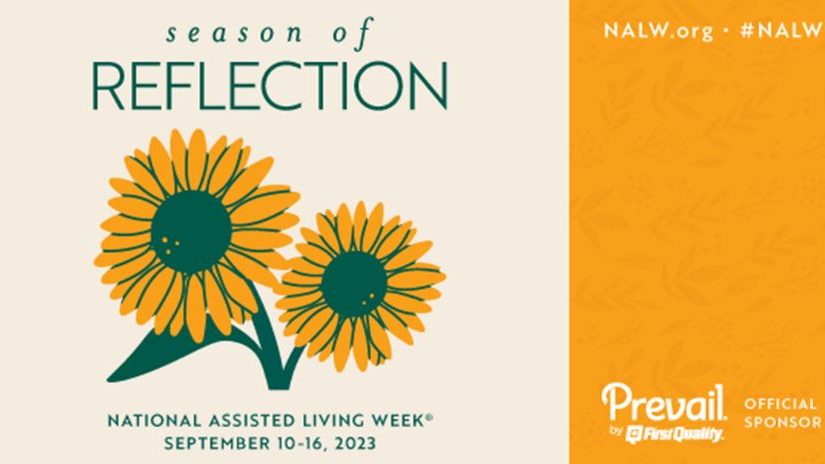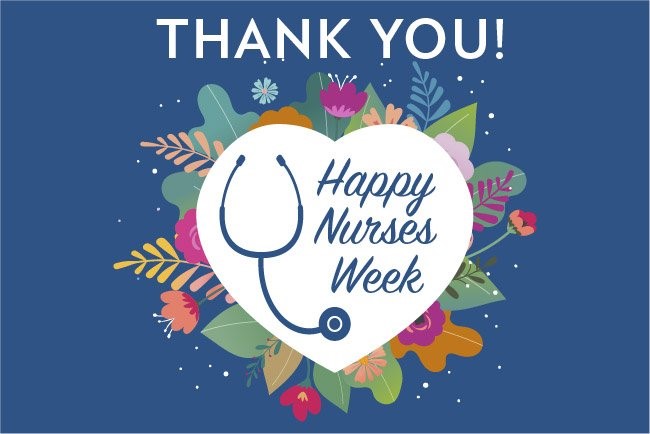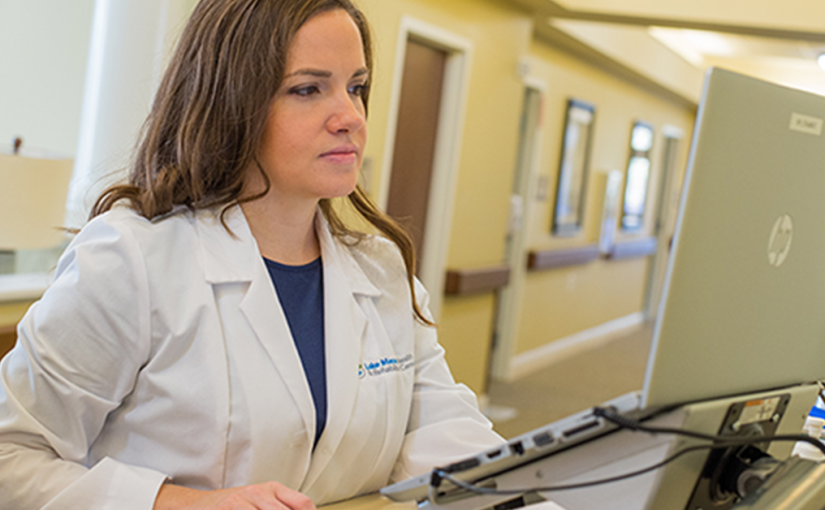Making sure that your skin and wound care program is comprehensive and updated is essential to increasing positive outcomes, reducing risk, and saving on costs. Hear more from Melissa Morgan, clinical resource manager at Medline Industries.
Tag: GeroNursePrep
CMS Creates a SNF 5-Claim Probe and Educate Review Webpage
The Centers for Medicare & Medicaid Services (CMS) recently announced the start of the SNF (skilled nursing facility) 5-Claim Probe & Educate Review program. As part of the effort to lower the SNF improper payment rate, Medicare Administrative Contractors (MACs) will be reviewing a small number of claims from every Medicare-billing SNF in the country. The SNF will then be offered education to address any errors identified, helping them to avoid future claim denials and adjustments.
Find out more by going to https://www.ahcancal.org/News-and-Communications/Blog/Pages/CMS-Creates-a-SNF-5-Claim-Probe-and-Educate-Review-Webpage-.aspx
Get Ready for National Assisted Living Week 2023!
CMS Final Rule Removes COVID-19 Testing and Staff Vaccination Requirements
This rule will be effective 60 days after it is published in the federal register, which is scheduled to happen on June 5, 2023.
Read more at https://www.ahcancal.org/News-and-Communications/Blog/Pages/CMS-Final-Rule-Removes-COVID-19-Testing-and-Staff-Vaccination-Requirements.aspx
Collaboration Is Key to Effective Pain Management
Recent estimates indicate more than half of residents in nursing homes suffer from chronic pain. Yet multiple studies over the years show it remains largely undertreated.
That’s not suprising, given the challenges of pain management across the population generally. There’s simply no clear way to measure pain. And identifying the source can be just as tricky.
In senior communities, particularly in nursing homes, there are additional complexities—from residents living with cognitive impairments and communication limitations to access to diagnostic and specialty services.
Making sure pain is being properly evaluated and treated requires a coordinated and personalized approach involving the residents’ doctors, specialists, therapists, nursing center staff, and families.
Read more at https://www.providermagazine.com/Articles/Pages/Collaboration-Is-Key-to-Effective-Pain-Management.aspx
The Quality of Your Care Is Connected to the Competency of Your Staff
The safety of a health care facility is completely dependent upon the competency of its staff.
This may seem like an obvious observation, but this is a challenge health care organizations face every day. They must provide life-saving care to their patients while also simultaneously advocating for their employees’ competence and well-being. If one of these areas slips, the other one suffers. And when the lives of patients are in your hands, your facility cannot afford not to prioritize competency-based staffing.
Find the complete article at https://www.providermagazine.com/Articles/Pages/The-Quality-of-Your-Care-Is-Connected-to-the-Competency-of-Your-Staff.aspx
National Nurses Week Freebies, Deals & Coupons
Every year from May 6th to 12th, nurses are recognized for their service and dedication to caring for others and improving the health of patients nationwide through National Nurses Week. Throughout the week, healthcare organizations celebrate their teams, and you’ll even see nurses featured on the news. People across the nation thank the nurses that have made a difference in their lives.
Nurses Week celebrates the effort, dedication, and sacrifice nurses make every day. Nurses are essential members of America’s healthcare workforce who provide care through every stage of life, working with patients at their most intimate and vulnerable moments. Nurses Week offers a chance to highlight and celebrate nurses for all they do.
Find all the Nurses Week Deals for 2023 at https://nurse.org/articles/free-nurse-week-giveaways/
SAMHSA Establishes Center of Excellence for Behavioral Health in Nursing Facilities
The Substance Abuse and Mental Health Services Administration (SAMHSA) recently established the Center of Excellence for Behavioral Health in Nursing Facilities (COE-NF) to offer nursing facility staff a centralized resource hub with easy access to training, technical assistance, and additional resources, at no cost. Its focus areas include: Serious Mental Illness (SMI), Substance Use Disorder (SUD), Co-Occurring Disorders (COD), and Serious Emotional Disturbance (SED). In addition to the resources listed below, the COE-NF provides tailored technical assistance, such as an individualized plan to assist facilities with specific behavioral health needs.
Find out more at https://www.ahcancal.org/News-and-Communications/Blog/Pages/SAMHSA-Establishes-Center-of-Excellence-for-Behavioral-Health-in-Nursing-Facilities.aspx
Improving Skin Care and MDRO Prevention in LTC with the AHRQ Safety Program
MDS Transition on April 17
- April 13 at 8 PM: Access to the QIES system for MDS submission will end.
- April 17 at 8 AM: Access to iQIES will be available and users will have the ability to transmit assessments, view validation reports, and other MDS-related reports. Once the transition is completed, iQIES will be used for anything MDS-related.









